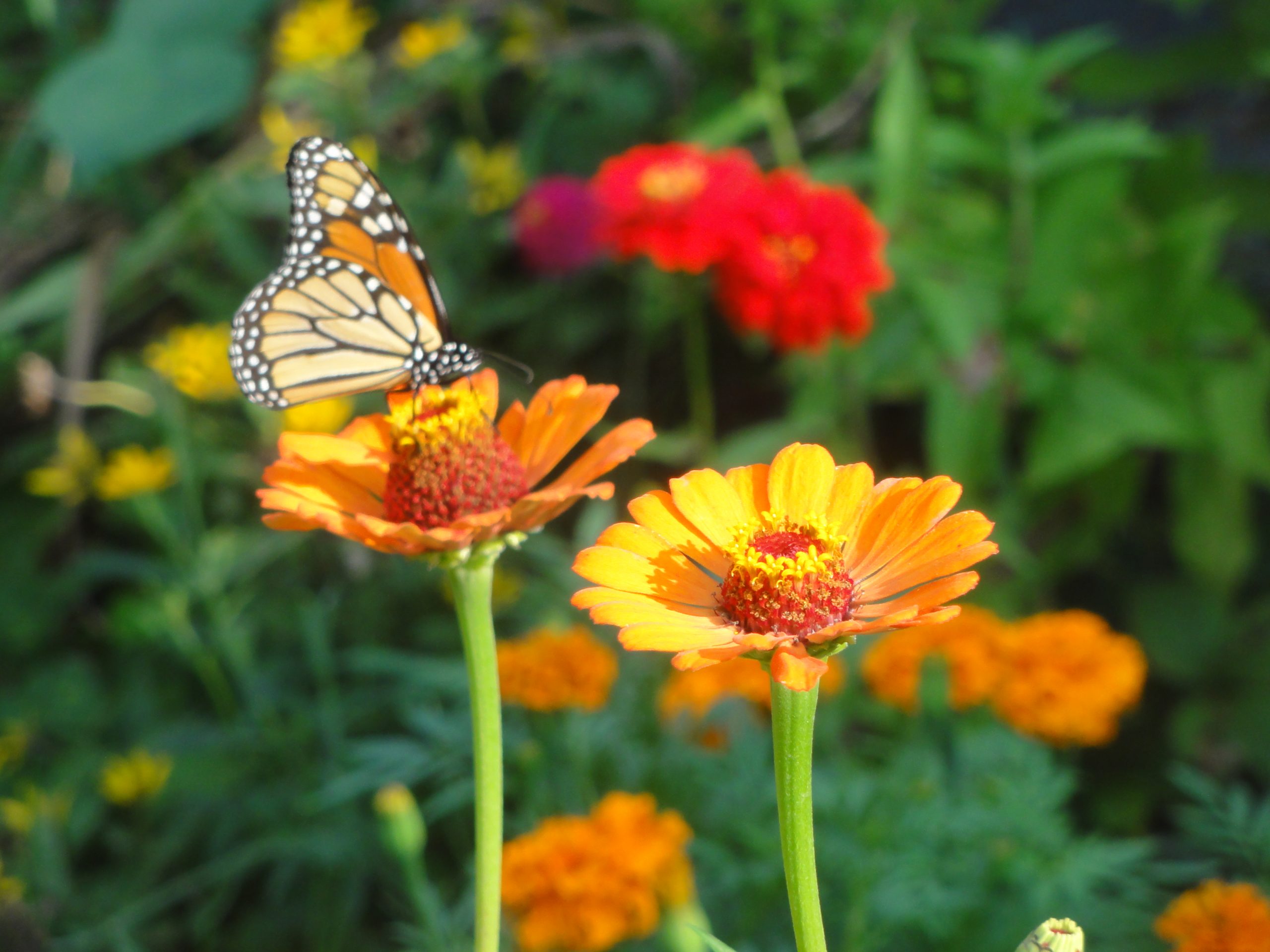Live Limitless Light, Liberation, Love, and Life!
We were born and live in limitless causes and conditions in time and space. No one can live without human societies and ecological, universal systems. So, we must repay and reform them for the better. Awakening beings and great beings all strived to live their best possible lives in limitless light, liberation, love, and life.
How can we live the best life while we are alive? The four limitlessnesses or supreme abodes of friendship, compassion, joy, and emancipation are the way to live a limitless life. Emancipation is from karmic conditionings, especially the triple poisons of desire, divisiveness, and delusion of ego (I) and mei (my).
Morality and the triple pure precepts of awakening beings and great beings include all beings in living light, liberation, love, and life. The Buddha had nothing to own, renouncing all – even his self delusion in the limitless Dharma world in limitless causes and conditions (related and relative). All the Buddhas’ common teaching is:
Devote to all the good.
Stay in doing no evils.
Purify one’s own heart.
This is the teaching of all Buddhas.
We must liberate ourselves and others from small, selfish sickness and suffering, purifying our own minds and hearts, awakened to and awakening the Dharma. Limitless love must put oneself into others’ positions, not disregarding others and doing nothing to stop evils, which is allowing and committing the same evils.
January 26, 2024 C.E.
Notes:
- Dharma means 1. form (from d-harm: phenomenon) and 2. norm (from d-h-arm: norm: law operating through phenomena: ethic), and 3. the teaching of the law of all phenomena, that is, Dependent Co-origination (originally awakened on the origination of perception/consciousness depending on the sense organs and objects, but later applied to all phenomena, cf. note 5). This law is similar to the law of causality, now used by sciences, but deeper and wider, applied beyond objects – more on subjects and symbols – ideas, etc.).
- “The Dharma (Norm/Law/Truth/Ethic) of all dharmas (forms/phenomena/ truths/ethics)” is Dependent Co-origination, i.e., all phenomena are interdependently co-originated on limitless causes and conditions (similar to the Law of Causality, but deeper and wider – beyond conventions, conceptions, objects, etc.). This means that we are interrelated with other beings (other species, elements, stars, etc.), and relatives to each other, and that we must therefore live together harmoniously and strive to make a wholly wholesome world to become harmonious, health, and happy.
- The life system is in a limitlessly interdependent and interrelated system throughout limitless space and time. If we can acknowledge and activate it, we can function as limitless life, light, liberation, and love, like the crystal balls of the Indra-net, making it holy (wholly wholesome), harmonious, healthy, and happy, calm and clear, collectively and continuously.
- Sitting still makes one calm and clear, as a bowl settling down makes the water inside of it become calm and clear, reflecting the world. Constant cultivation of still sitting leads to calming (samatha/śamatha) and observation (vipassanā/vipaśyanā), nirvana and awakening (bodhi), witnessing the of truth world (Dhamma/Dharma-dhātu), and becoming the truth body (Dhamma/Dharma-kāya).
- The key practice of sitting still is to still karma, settle in nirvana (nir-vāṇa = ni-vāta: no-wind, of karma), and see the Dharma, serving and saving all. The Four Limitlessnesses (Brahma-abodes: Supreme-abodes) are friendship, compassion, joy, and equanimity (upekkhā/upekṣā, lit. throwing away, the triple poisons).
- The Triple Poisons are desire, divisiveness, and delusion (of a self-same, self-sovereign self). The “Triple Only” are only me, only now, and only money (short-sighted views and actions, which make the wider world worse) , which can be cured by the Triple Learnings of morality, concentration, and prognosis.
- The Four Embracing Matters/Dharmas (cattāri saṅgaha-vatthūni) are donation (dāna), loving words (piya-vācā), beneficial action (attha-cariyā), and sameness (samāna-atta-tā, lit. same-self-ness).
- Donation (dāna) can be material or immaterial (wealth or Dharma), so anyone without wealth can donate one’s kind eyes, harmonious face, loving words, helping body, sympathetic heart, seat, and shelter (called the Seven Donations without wealth).
- The solution of the global problematique, interrelated global problems such as global warming, mass extinction, nationalism, war, nuke, dictatorship, dogma, discrimination, prolusion, poverty, requires the global ethic (issued by the Parliament of the World’s Religions in Chicago in 1993 with more than seven thousand people from all religions and from all over the world attending), which is based on the Five Precepts (and the fundamental common elements in the Ten Precepts, the Ten Commandments, etc.).
- The Five Precepts are essential ethic to keep the social and ecological holiness (wholly wholesomeness). No killing is to keep life, which is the key for anyone to fully develop one’s potential in the holy way and world. No stealing is to keep material base to live holy. No lying is to keep social base to live holy. No sexual misconduct is to keep the gender/generation base to live holy. No intoxicant is to keep the mental base to live holy.
無量光・解・愛・寿を生きよ❣
私達は無量の時空因縁の中に生まれ生きている。誰も人間社会、生態・宇宙組織無しに生きることは出来ない。だから、私達はそれらに報恩し改善する為にそれらを改革しなければならない。菩薩(覚醒者)や魔訶薩(大人物)は皆無量光・解(脱)・愛・寿の中に出来る限りの最善の生を生きるべく精進した。
私達は生きている中に如何にして最善の生を生きることができるであろうか?慈・悲・喜・捨の四無量又は梵住(最高住)は無量寿を生きる生き方である。捨は業の条件付け、特に我我所(有)の貪・瞋・痴の三毒を捨てる(解脱する)事である。
菩薩、魔訶薩の戒と三聚浄戒は光・解・愛・寿を生きるのに一切存在を含めている。仏陀(覚者)は無量の因縁の無量の法界の中に一切―自らの我の妄想さえーを捨てて何も所有しなかった。諸仏の通戒偈は言う:
諸善奉行(諸々の善を奉じ行い、)
諸悪莫作(諸悪は作ることなく、)
自浄其意(自らその心を清くす、)
是諸仏教(是が諸仏の教えなり。)
私達は自らと他者を法に目覚め覚醒させ続けて私達自身の心意識を清め、小さな自己中の病患と苦悩から解放しなければならない。無量愛は自らを他者の位置に置き、他者を無視せず悪を止めるのに何もしない様なことをしてはならない、そうすることは同じ悪を容認し共犯になることだから。
2024共通年1月26日
註:
- 法(dharma)は 1. 形態(form: d-harmより: 現象:真理)、2.規則(norm: d-h-armより:現象中の規則:倫理)、3.諸法の法、縁起(元来は感覚器官と感覚対象に依る知覚・意識の発生に覚醒したが後に一切現象に適用されたもの。註5参照)。この法則は、現今諸科学に用いられる、因果律と同様であるが、もっと深く広い-客体を越えて主体と観念などの象徴に適用される。
- 諸法(形態・現象)の法(規則・法則・真理・倫理)は縁起(因縁生起)、即ち、一切現象は無量の直接原因と間接条件により相依生起するということである(因果則に似ているがさらに深く広い-世俗、観念、対象んどを超える)。これは私達は他者(多種、要素、星宿など)と相依関係にあることを意味し、相互に相対的であり、私達が調和、健康、幸福になる為には共に調和して生き、全体健全な世界を作る努力をしなければならないことを意味する。
- 生命組織は無限の時空を通じて縁起と関連の組織です。もし私達がそれを認知し実行するなら、私達は、帝釈網の水晶の珠のように、それを集団的に継続的に、聖(全体健全)なる調和、健康、幸福で、静かに明らかに、無限の生命、光明、解脱(自由)、愛情として機能出来る。
- 静坐は、椀が安住するとその中の水が静謐に透明になり世界を映すように、人を静謐に明澄にする。静坐の常時の修行は止(止静)(samatha/śamatha) と観(観法) (vipassanā/vipaśyanā), 涅槃と覚醒 (bodhi), に導き法界 (Dhamma/Dharma-dhātu:真理世界)を直証し,法身 (Dhamma/Dharma-kāya:真実身)になる。誰でも真実にある樹(両者共法:dharmaの語根 dhṝと同様永続を意味し一万年生き延びる樹もある)調和している樹(一切元素と調和し酸素、花、果、建築材など与える)の様に成れる。
- 鍵となる静坐の実践は業を静め、涅槃(nir-vāṇa = ni-vāta: no-wind, 無風、業風の)に安住し、法を見、一切に奉仕し救済する。四無量(四梵住)は慈(愛:友情:与楽)、悲(泯:抜苦)、喜(悦)、捨(離:upekkhā/upekṣā)である。
- 三毒は貪瞋痴(自己同一、自己主宰の我という愚痴)である。三だけは今だけ、金だけで自分だけということであり(短見・短絡行動で、より広い世界を悪化させる)が、戒定慧の三学はこれらを治癒できる。
- 四摂法(四摂事・四恩:cattāri saṅgaha-vatthūni)は布施(dāna)、愛語(piya-vācā)、利行(attha-cariyā)、同事(samāna-atta-tā、字義通りには、自己同化、他を自とし、仕:事える)である。
- 布施(施与)は物も物でないものもあります(財施、法施)ので財物がなくとも誰でも愛眼、愛語、身行、慈心、床座、房舎を与えることができる(「無財の七施、無くて七施と言われている)。
- 地球問題群、地球温暖化、大量絶滅、国家主義、戦争、核、ドクサイ、独断、差別、汚染、貧困の様な相互関連した地球諸問題、は(1993年シカゴで世界中から諸宗教の七千人を超える人々が集まった世界宗教会議により発出された宣言)地球倫理を必要とするが、これは(不殺、不盗、不偽、不淫、不飲酒の)五戒(と仏教他の十戒の基本的共通要素)に基づいている。インターアクション協議会は世界人務宣言の草案を作り国連が発出するように提出したが今に至るも棚上げされたままである。
10.五戒は社会的・生態的聖性(全体健全)を維持する為の必須の倫理である。不殺生は聖道と聖世界で自らの潜在能力を十分に発達させる為の鍵である生命を保つことである。不偸盗は聖に生きる為の物質的基礎を保つことである。不虚偽は聖に生きる為の社会的基礎をたもつことである。不邪淫は聖に生きる為の性・世代の基礎を保つことである。不飲酒は聖に生きる為の心的基礎を保つことである。
.
.

.
.
.

.
.
.

.
.
.

.
.
.
